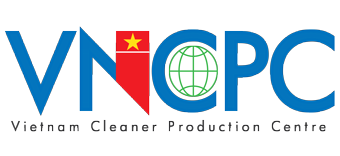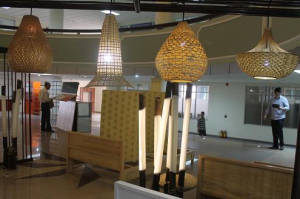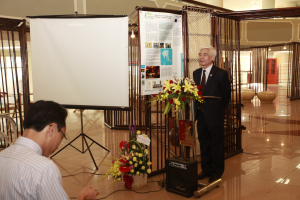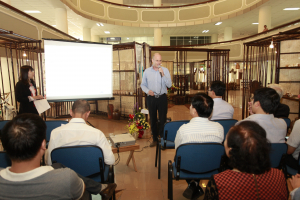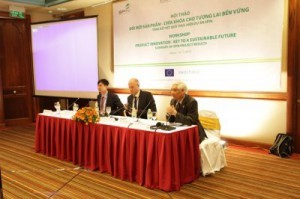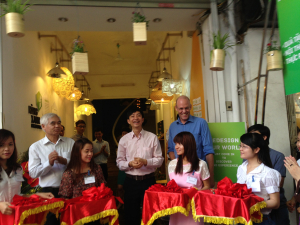On the 13th March, Green Credit Trust Fund (GCTF) participated the Hybrid Marketplace and Learning Platform event themed “Incubation for Social Investment Readiness” which was held by Spark, Adelphi and HATCH! Program in Hanoi.
Nearly 80 participants coming from 30 social enterprises (SEs) who is doing inclusive business, startup individuals have met and discussed with participated capacity development services providers and incubators on matching their needs with services offered on the development, scaling or startup process. “This is the first time I join a marketplace. The providers are all helpful, I have gained so much useful information and opportunities. We got a cooperation offer.” – an entrepreneur shared.
At the marketplace, many enterprises have found potential service providers who can give answer to their financial, strategic or legal concerns. This was also the great chance for service providers to promote their services to a wider range of customers, especially SEs. The discussion offered space for service providers to share their thoughts and observations of the market and how to create services for SEs and to make their services more transparent. “People come and discuss with us seriously. I can find the huge demand for incubation services from startup individuals and organizations.” – Le Viet Dat, HATCH! Program Manager said.
Participating in the marketplace, service providers like OCD, NHQuang & Associates who are currently targeting big enterprises, found ideas on how their services can be of value to SEs. From the experimenting marketplace model, the participants made suggestions to develop capacity development market, emphasizing connecting role of organizations like Spark.

Green Credit Trust Fund attended as the service providers of financial supports on SMEs technology innovation projects

Connection activities between service providers and users at the Marketplace
In the afternoon, the Learning Platform “Incubation for Social Investment Readiness” which originally targeted service providers and business incubators has extended to welcome SEs after acknowledging great inquiry from that side.
Representative from Oxfam Novib has talked about conditions needed to receive investment from their social investment program and highlighted works to be done by SEs to facilitate investment.
Experiences from Adelphi’s capacity development program revealed that services quality evaluation and cooperation on meeting customers’ needs are keys to develop local service providers.
Representative from Uberis Capital, Mr. Cyrille Antignac also emphasized the role of business incubators as one of the vital factors influencing social investors’ decisions on entering certain market.

Group discussion

Mr. Mikael P. Henzler, Adelphi Managing Director presented at the Learning Platform
The discussion session has provided for service providers an insight in the development and future paths of this sector in Vietnam, as well as highlighted special features of service users being SEs instead of ordinary enterprises, advantages and challenges when doing business with them to propose appropriate action plan.
Mrs. Vu Thi Quynh Anh, Spark Executive Director shared: “This event is a real bridge bringing SEs and capacity development service providers closer and a platform where SEs in Vietnam learn from the experiences of investing funds and incubators to improve their investment readiness capacity. With the hope of making this event contribute positively to the development and flourish of SE community in Vietnam as well as incubation service providers for SEs, Spark will continue working with other organizations and initiatives to organize more marketplace and learning platform, conduct trainings and strive to develop this sector.”
Source Spark.com.vn
